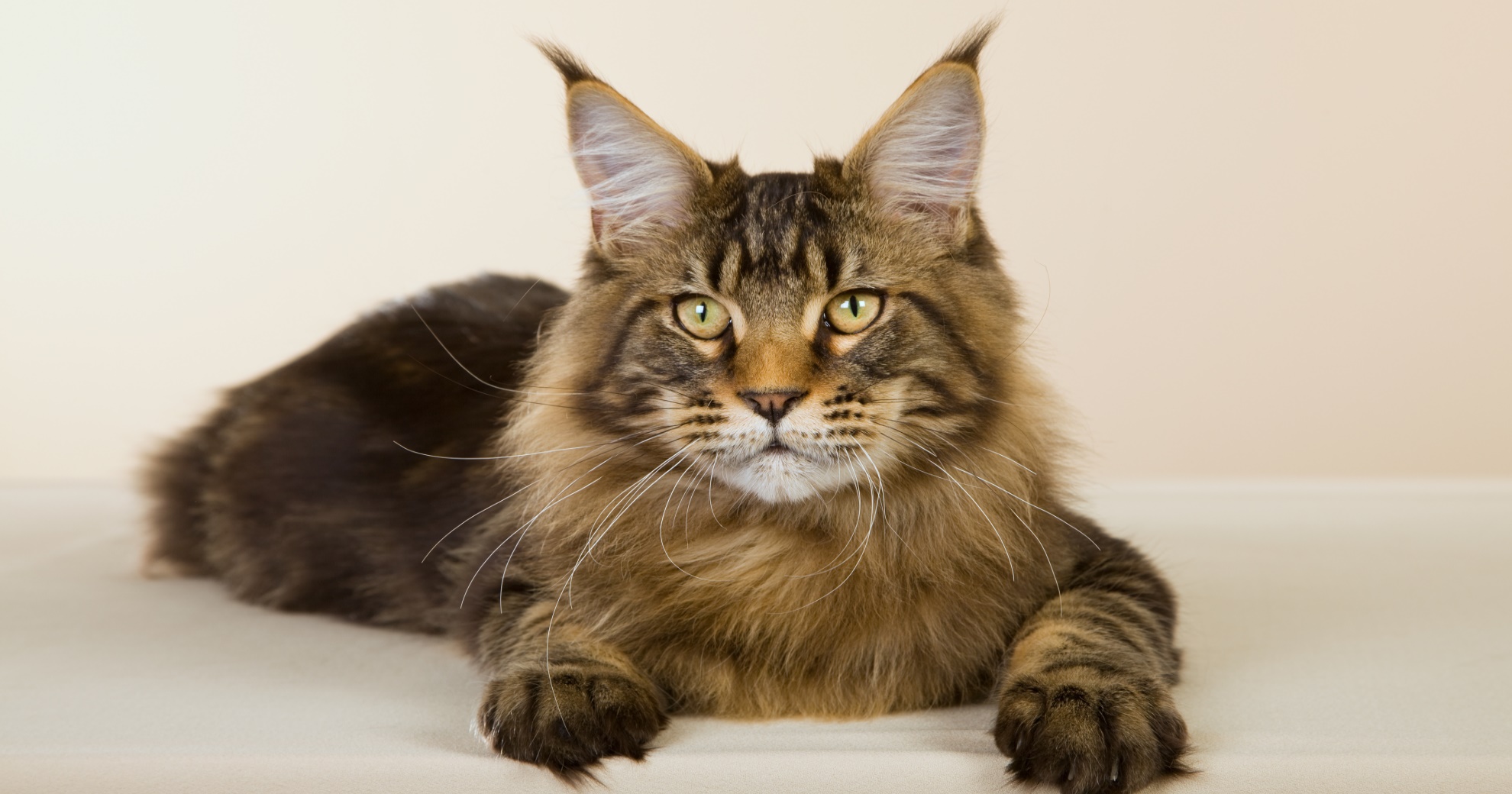HEALTH & WELLNESS

VOTING BOOTH

TRENDING

LIONS FOUNDATION OF CANADA DOG GUIDES
Lions Foundation of Canada Dog Guides and its founding program, Canine Vision Canada, was established in 1983. It’s the largest school of its kind in Canada with its training school in Oakville and breeding facility in Breslau.
Dealing With Your Pet’s Upset Tummy And Diarrhea

If your cat is experiencing diarrhea, there are several steps you can take to help them:
- Keep an eye on your cat’s overall behaviour, appetite, and hydration levels. If they show signs of discomfort or if the diarrhea persists for more than a day, it’s advisable to consult a veterinarian.
- Provide fresh water. Diarrhea can lead to dehydration, so make sure your cat has access to clean, fresh water at all times. If they are not drinking enough, you can try offering them wet food or water mixed with a bit of low-sodium chicken broth to encourage hydration.
- Adjust their diet. Temporarily switch your cat’s diet to a bland, easily digestible food to give their gastrointestinal system a chance to recover. This can include boiled chicken (without skin or bones) or plain, cooked rice. Gradually reintroduce their regular diet once the diarrhea has resolved.
- Probiotics. Consult with your veterinarian about using probiotics specifically formulated for cats. Probiotics can help restore the balance of beneficial bacteria in the gut, promoting digestive health.
- Avoid feeding inappropriate foods. Ensure that your cat does not have access to human food, as many items can be harmful to them and worsen diarrhea. Additionally, refrain from giving them milk or dairy products, as many cats are lactose-intolerant.
- Maintain cleanliness. Clean your cat’s litter box regularly to prevent any contamination and maintain good hygiene. This is especially important when they have diarrhea to avoid recontamination.
If your cat’s diarrhea persists, if it shows signs of distress or discomfort, or if you notice bloody stools, it’s important to consult a veterinarian. They can evaluate your cat’s condition, determine the underlying cause of the diarrhea, and recommend appropriate treatment.
Related Articles



CASEM028-Semintra-Ad-Set-1
CASEM028-Semintra-Ad-Set-2
CASEM028-Semintra-Ad-Set-3






